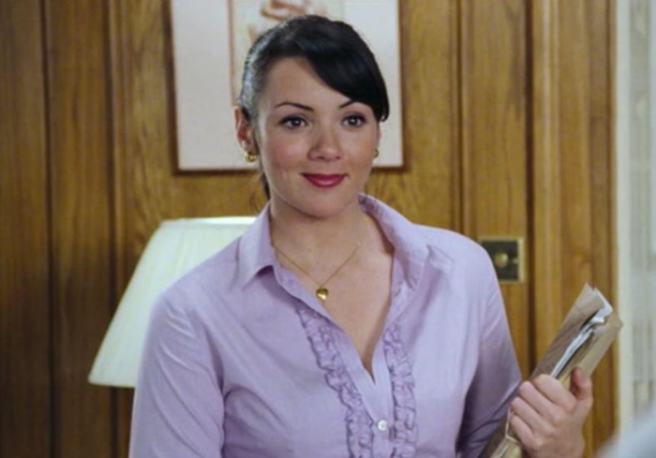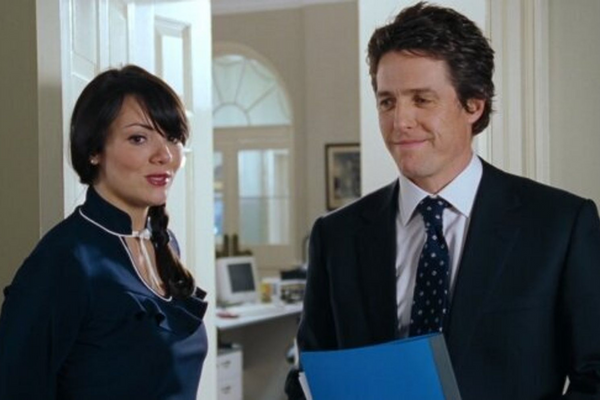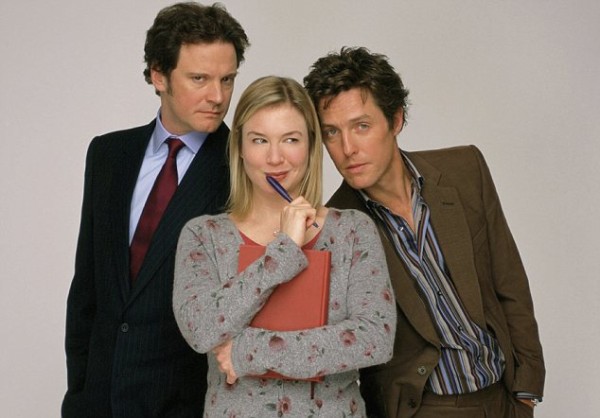
Love Actually’s Richard Curtis apologises for body shaming jokes
Richard Curtis has admitted he has regrets over some of his most popular films.
The filmmaker, who is best known for romantic comedy hits such as About Time, Four Weddings and a Funeral and Notting Hill, has faced growing criticisms in recent years.
In particular, Curtis has been called out for undiverse casting and body shaming jokes in several of his films.

In the 2003 Christmas hit Love Actually, which Curtis wrote and directed, body shaming is a running gag throughout the film, but particularly towards Martine McCutcheon’s character Natalie.
During one scene, Natalie admits to Hugh Grant’s character that her ex-boyfriend recently dumped her because “no one’s going to fancy a girl with thighs the size of big tree trunks.” She is also referred to as “chubby” by several ensemble characters.
Meanwhile, in Curtis’ screenplay for Bridget Jones’ Diary, Renée Zellweger is described as having a “bottom the size of Brazil”, with constant references to her body size and weight.

At The Times and The Sunday Times’ Cheltenham Literature Festival on Sunday, Curtis was interviewed by his daughter Scarlett. During the conversation, the 28-year-old activist and writer confronted her father about the “growing criticism around the ways your films treated women and people of colour”.
“I remember how shocked I was five years ago when Scarlett said to me: ‘You can never use the word “fat” again.’ Wow, you were right. In my generation, calling someone chubby [was funny] – in Love Actually there were jokes about that. Those jokes aren’t any longer funny,” he confessed.
Scarlett later brought up criticisms surrounding Curtis’ 1999 movie Notting Hill, in which none of its main cast members were people of colour.
“Yes, I wish I’d been ahead of the curve,” Curtis admitted in response. “Because I came from a very undiverse school and bunch of university friends, I think that I’ve hung on, on the diversity issue, to the feeling that I wouldn’t know how to write those parts.”
“I think I was just sort of stupid and wrong about that,” he concluded.





